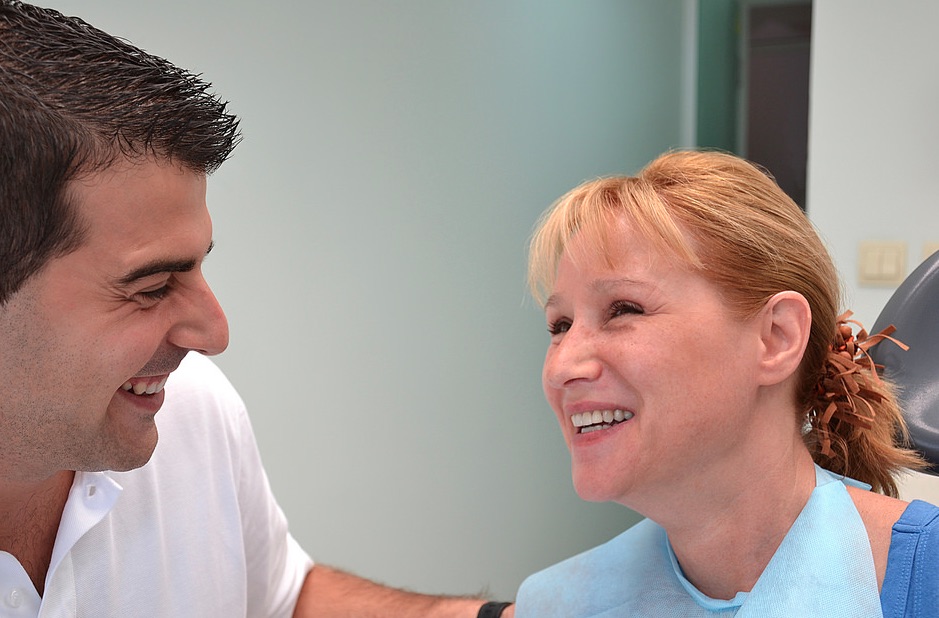If you or a loved one suffers from tooth pain, check out our handy guide below to determine whether or not it requires an emergency room visit, a dentist appointment, or just time to resolve itself.
Hot/Cold Sensitivity
Sensitivity to cold beverages and/or foods is common for many people. Even mildly recessed gums can result in temperature sensitivity.
For most people, the discomfort caused by cold sensitivity goes away after just a few seconds. If it lingers for more than 10 seconds, it may be indicative of a more serious problem.
Sensitivity to heat is not normal. If you are experiencing sensitivity/pain to hot foods or drinks, this is typically an indicator that the nerve is dying and endodontic therapy is most likely required.
Also, if tooth sensitivity is accompanied by other symptoms, it could be mean the root of the tooth is exposed more dramatically.
For example, a cracked tooth could be sensitive to hot and cold. Depending on the severity of the crack and the accompanying pain, you may want to make an emergency dental visit or set an appointment to get it examined as soon as possible.
Note: if you’ve just recently had a dental cleaning, you may find your teeth are sensitive to hot and cold due to mildly inflamed pulp. This is nothing to worry about unless it persists longer than a few weeks.
Aching/Soreness
A toothache is a general symptom that can be indicative of many things. On the one hand, it could be caused by sinus pressure from cold or allergies, but on the other hand, it could also be caused by cavities, bruxism, or tooth decay.
Generally, the worst conditions are accompanied by sharp pain when biting so a mild toothache is rarely a good reason to see a dentist unless the ache persists for several days.
Sharp pain
Sharp pain is a symptom worth seeing a dentist for.
Typically, sharp pain when biting means a tooth is cracked or the pulp is damaged or infected. A root canal may be required to save the tooth in these cases.
Be aware that sharp pain that dies down and goes away shouldn’t be ignored. If your tooth has cracked, the pain from whatever caused the crack may fade but you’ll be at a higher risk of developing an infection. Getting a cracked tooth treated quickly can increase your chances of saving it.
Contact Dr. Jesse Harris and his team at East Coast Endodontics to learn more.

About the Author
Dr. Harris has been a practicing dentist since 2005. In 2012, he received his Master’s of Science in Dentistry and a certificate in Endodontics. He founded East Coast Endodontics shortly after receiving his master’s degree. He also currently holds a part-time position as a Clinical Assistant Professor for the Endodontics department at Virginia Commonwealth University. View his full bio.

